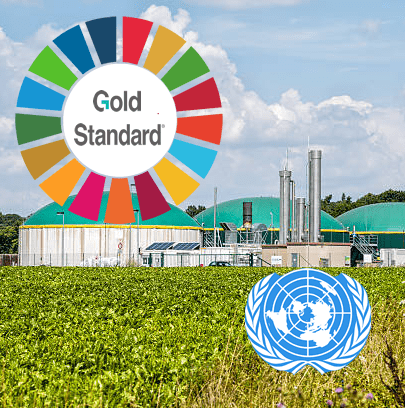Biomass energy recovery projects prevent millions of tons of CO2 from entering the atmosphere each year and promote sustainable production methods

This project harnesses biomass, a carbon-neutral fuel, to generate both heat and electricity, producing steam with no greenhouse gas emissions. It can power homes by using waste that would otherwise decompose and emit methane, a highly potent greenhouse gas. This initiative supports sustainable production practices in developing countries and reduces their dependence on fossil fuels.
This is a Verified Project that generates a limited number of certified carbon credits. Each credit is equivalent to one tonne of CO2e and has a unique serial number. These are recorded in the Gold Standard Registry, the Verra Registry or the CDM Registry of the United Nations.
Visit our store and get access to high integrity offsets at global spot market prices without the large fees and commissions.
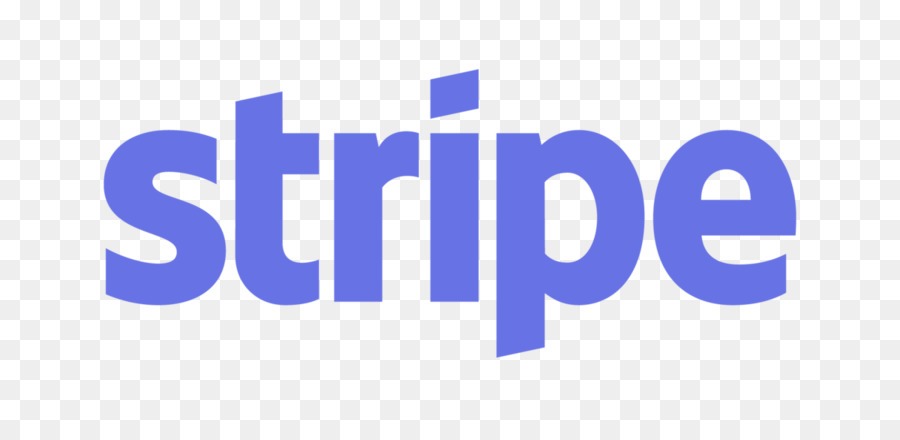
We use Stripe, one of the world’s largest and most secure payment platforms.

The Carbon Trade Exchange is backed by the Westpac Banking Corporation that guarantees transactions and provides rigorous measures to protect our customers.
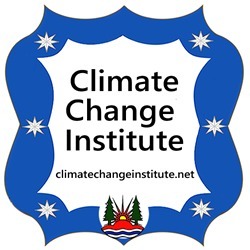
Offsets are purchased through the Climate Change Institute where they are subjected to a rigorous verification and certification process.
After purchase, you will receive a certificate showing the amount of offsets you have bought and the serial number for each tonne which can be independently verified on the Gold Standard Carbon Registry, where the full project specifications are also provided.
Biogas Energy Recovery Projects
[metaslider id=”3377″]
Energy recovery projects are vital in cutting global CO2 emissions by converting waste into energy. These efforts meet the rising energy demand and foster environmental sustainability. Additionally, they offer significant social and economic benefits, aiding local development and improving community quality of life.
SITUATION
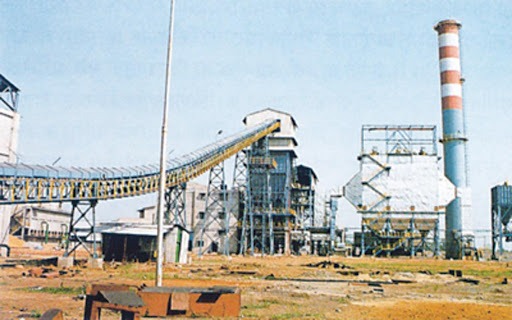
Many developing countries rely heavily on the burning of fossil fuels to supply electricity to their population. These highly emissions-intensive activities account for a large percentage of man-made CO2 emissions globally.
SOLUTION
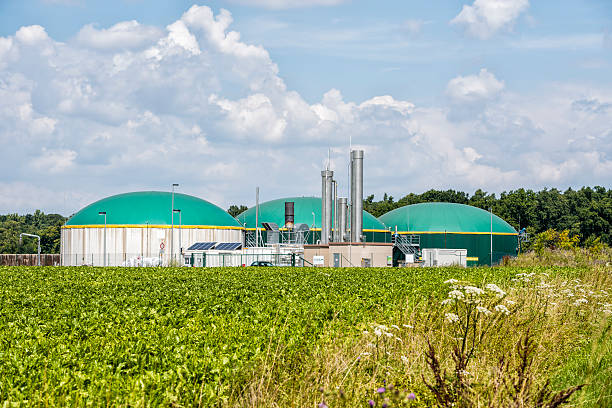
Biomass energy projects generate heat and/or electricity by combusting organic matter like rice husks, animal waste, sawmill waste and palm oil waste. The energy produced powers and heats homes and industries, often using waste that would have otherwise been left to decay, releasing methane into the atmosphere and added bulk to landfills.
IMPACT
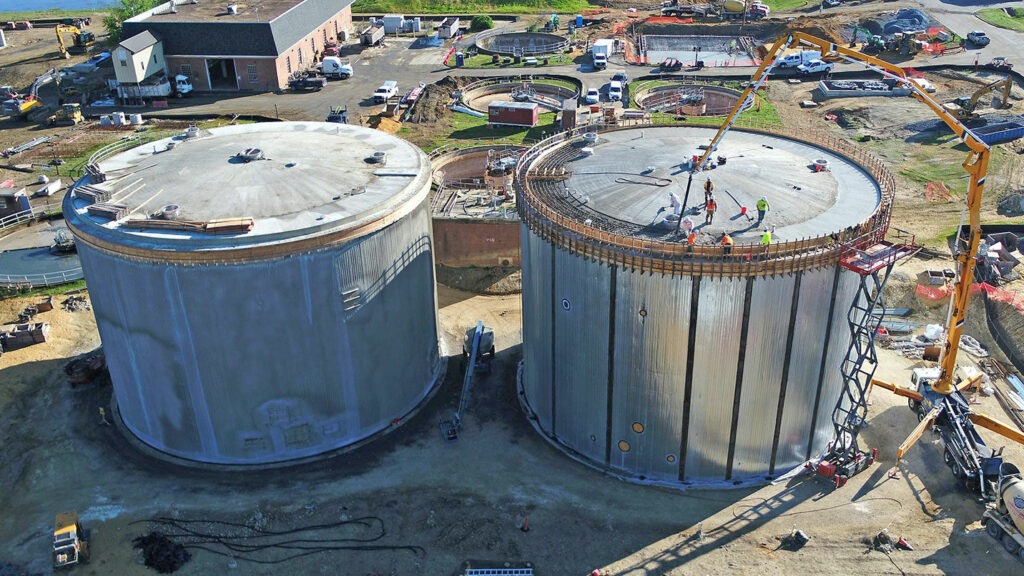
Biomass to Energy projects are responsible for millions of tonnes of C02 emissions avoided per year, through the use of bio matter for fuel rather than leaving it to decay, which produces methane emissions and fine particles. They project provide a genuine alternative to fossil fuels, enabling a shift to more sustainable production methods
OUTCOME
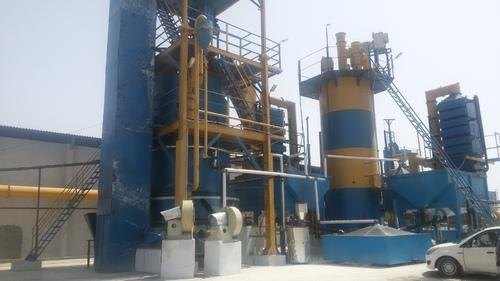
These projects enable a circular ‘waste’ economy and create supply chains and manufacturing processes for renewable biomass fuels, increasing their availability for local use. They meet growing demands for energy and and provide social and environmental benefits to communities in the surrounding areas.
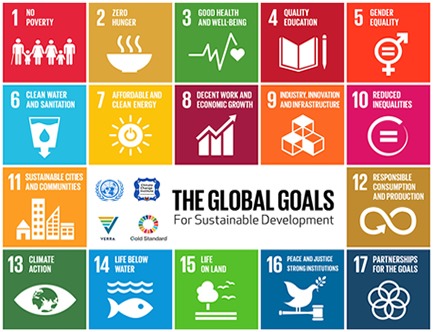
Offset certificates finance verified projects that reduce and eliminate carbon which are subject to a rigorous registration and verification process.
Projects can include wind, solar, hydro, biomass energy recovery, geothermal and GHG abatement.
Projects must deliver genuine emission reductions and meet the UN’s Sustainable Development Goals.
Verification
Certified projects must have the following attributes
Transparency
Information on the project is made readily available.

Efficiency
Projects should offer efficient methods to reduce carbon.

Validity
Projects must be certified to world standards and the procedure fully documented.


The Gold Standard Registry issues carbon credits, each is equivalent to one tonne of CO2e. It is the central repository for all information and documentation relating to Gold Standard projects and units. The Registry also ensures the uniqueness of projects and credits in the system. Projects are subject to a rigorous verification process where transparency underpins the positive outcomes of the carbon projects.
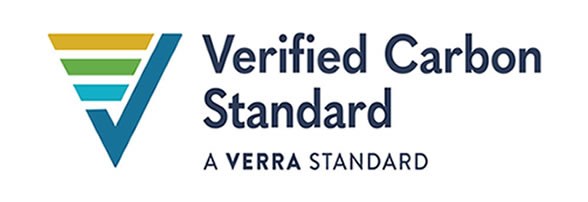
Verra carbon credits are issued under the Verified Carbon Standard (VCS) Program, a leading greenhouse gas (GHG) crediting program. Verra sets the world’s leading standards for climate action and sustainable development. VCS projects have reduced or removed nearly one billion tons of carbon from the atmosphere with activities that reduce and remove emissions, improve livelihoods, and protect nature.
- Additionality: The project is justified and the the carbon emission reductions achieved by the project would not have occurred without the additional funding.
- Permanence: Projects should demonstrate that the emissions reductions achieved by the project will be permanent and the carbon must remain stored for a long enough period to achieve the intended climate benefit.
- Verification: Projects must be verifiable and correctly accounted for, have a low risk of non-additionality, reversal, creating negative unintended consequences, and all forms of double-counting, including double-claiming of the emission reduction benefit, are avoided.
- Co-benefits: Projects may have have additional co-benefits such as poverty reduction, biodiversity conservation, and sustainable development and this should be considered.
Carbon Offset Certificates finance verified projects which slow down the rate of global warming, buying time for the world to make the transition to low-emission economies.
[metaslider id=”2769″]
We assist companies and individuals to go carbon neutral by offering wholesale prices direct from the trading floor of the global carbon spot exchange. Trading floor offers move rapidly, so we select the best projects on a daily basis. We negotiate bulk discounts for our 200,000 followers, allowing us to pass on the best market price.

